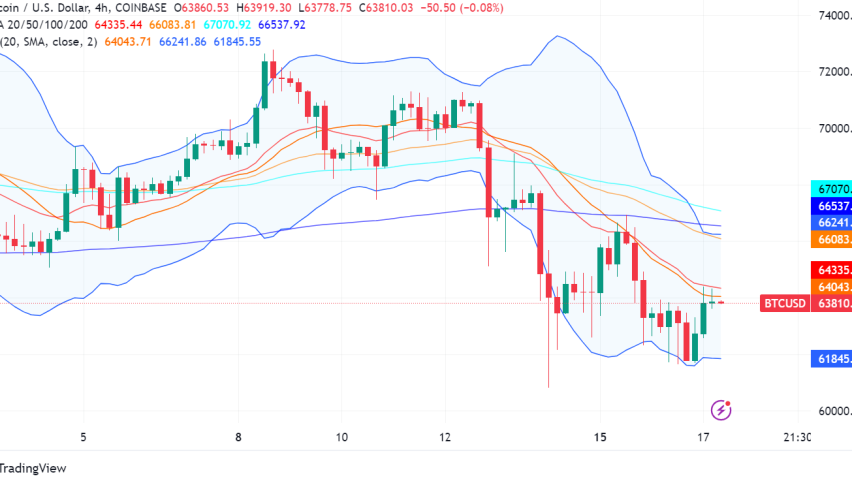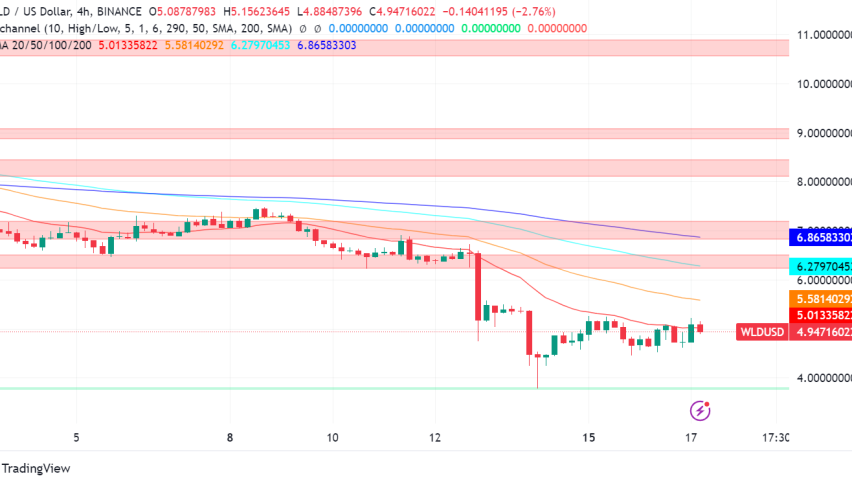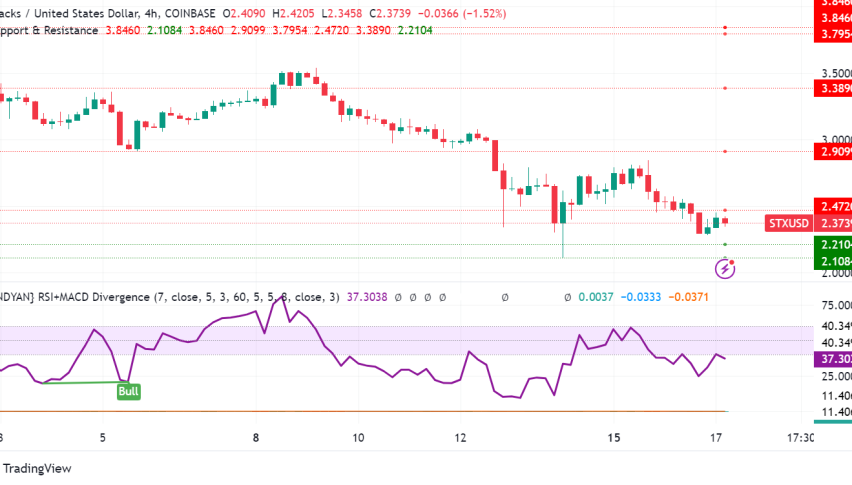The DAX index, representing the German stock market, experienced a bearish performance recently, with a notable decline of 83 points or half a per cent. This downward trend followed warnings from two Federal Reserve officials against premature interest rate cuts.
The cautious stance on interest rates contributed to investor uncertainty, leading to a decrease in the DAX index. Moreover, geopolitical tensions in the Middle East were seen as another key factor that put pressure on the DAX index.
Investors keenly monitored these developments for insights into market trends and potential impacts on the DAX index.
Impact of German Trade Terms, Industrial Production, and ECB’s Interest Rate Decision:
On the German front, the trade surplus narrowed as imports increased and exports fell, particularly to EU countries. However, industrial production reports showed positive figures, with a notable rise driven by the auto and chemical sectors.
Investors awaited the European Central Bank’s (ECB) interest rate decision, with expectations of unchanged rates for April. However, recent inflation data suggested the possibility of future rate cuts, raising uncertainties regarding the ECB’s easing cycle.
Therefore, the narrowing trade surplus and mixed export performance, alongside upbeat industrial production, created uncertainty. However, the ECB’s anticipated rate decision and potential future cuts due to inflation data added to market unpredictability, influencing the DAX index.
Impact of Upbeat US Labour Market Data and Strength of US Economy:
On the US front, the previously released positive US labour market data and a robust economy contributed to uncertainties surrounding Federal Reserve rate cuts. Despite expectations from some officials for interest rate cuts, others highlighted the strength of the US economy, dampening expectations.
Nevertheless, the upcoming US Consumer Price Index (CPI) data is crucial as it will influence market expectations regarding future Fed actions and impact the DAX index.
Therefore, the positive US labour market data and robust economy impacted the DAX index, with market participants closely watching US CPI data for insights into inflation trends and potential impacts on future Federal Reserve actions.
Geopolitical Tensions in the Middle East and Its Impact on the DAX Index:
On the geopolitical front, tensions in the Middle East added further pressure to the DAX index. The long-lasting conflicts between Israel and Hamas, coupled with threats of military action from Iran, raised concerns among investors.
The announcement of a scheduled ground offensive in Gaza heightened tensions and undermined the stocks as the geopolitical uncertainties contributed to market volatility and influenced investor sentiment.
German 30 (DAX) Technical Outlook
The DAX has declined to 18,073, shedding over 1.25%. Positioned below the pivot point of 18,233, it faces resistance at 18,322, 18,425, and 18,573, which could cap upward movements. Support is established at 18,091, with further floors at 17,988 and 17,919 potentially stabilizing declines.
The Relative Strength Index (RSI) at 34 indicates a bearish sentiment, while the 50-day Exponential Moving Average (EMA) at 18,255 suggests near-term pressure.
The index’s trajectory remains bearish below 18,233, but crossing this threshold could indicate a shift towards bullish momentum. Investors should monitor these technical levels and market dynamics for potential shifts in the DAX’s direction.




















